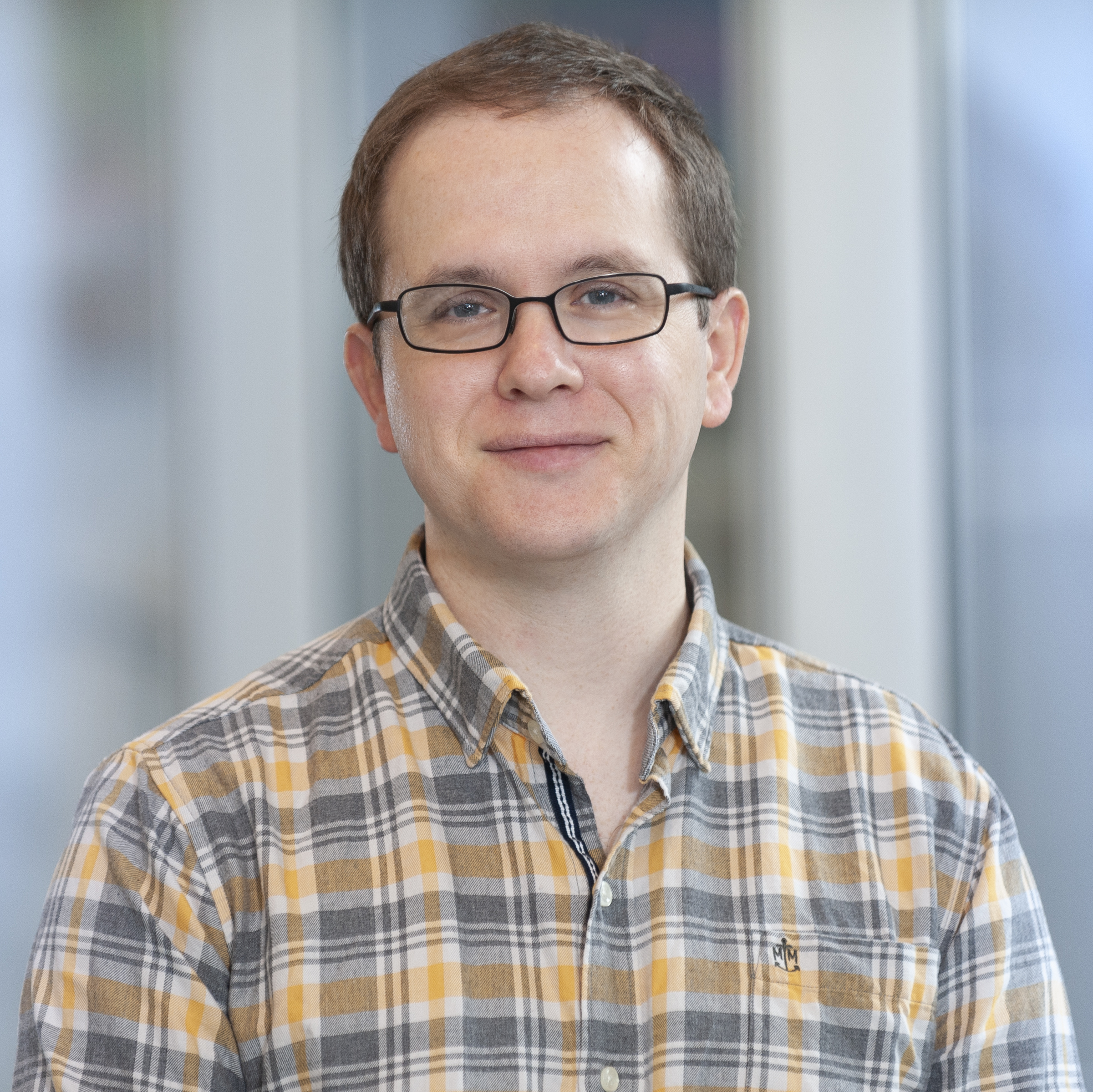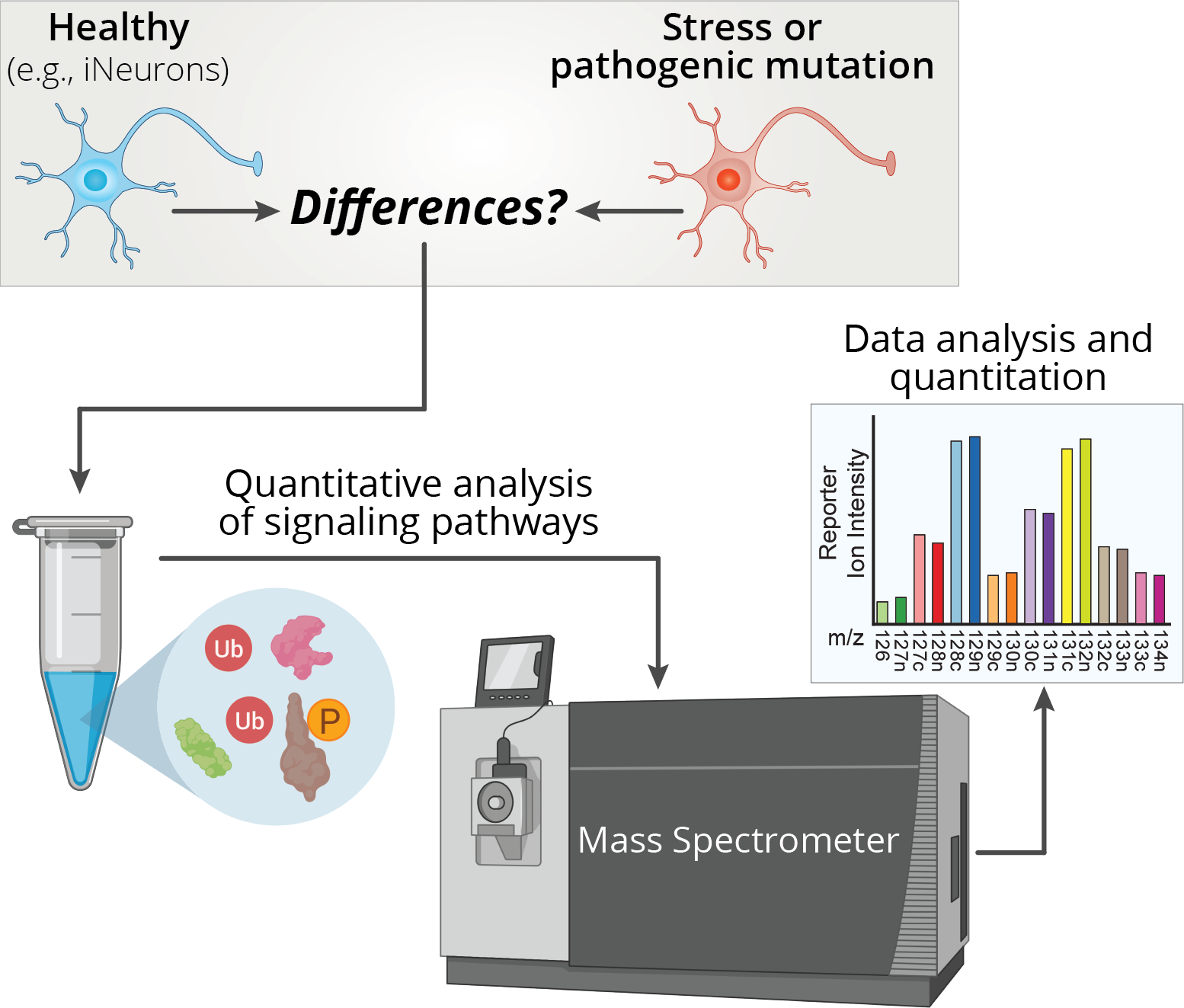
Research
The complexity of the human cell is truly remarkable, with its countless sub-cellular organelles that each have a specific role to play. These organelles rely on specialized proteins to carry out their functions, and when the environment changes, the cell adapts by altering its proteomic landscape. Through this process, the cell can respond to new conditions by enhancing the synthesis of proteins that are needed and degrading those that are no longer necessary. Maintaining this balance is crucial for organelle and cellular quality control, and any imbalance can lead to various human diseases, such as lysosomal storage diseases, neurodegenerations, and cancer.
Our area of research focuses on the intricate signaling pathways of the ubiquitin and autophagy systems. These pathways play a critical role in maintaining cellular homeostasis and are often disrupted in various diseases. A current focus of our research is identifying molecular mechanisms contributing to neuronal cellular homeostasis and neuro-related diseases seeking to identify molecular mechanisms that contribute to their development.
Figure 1

To gain a better understanding of these systems, we apply a range of techniques, including cell biology, CRISPR genome engineering, and biochemical approaches. Functional proteomics is central to our research efforts. We employ and develop multiple mass spectrometry workflows that enable us to explore the impact of mutations and perturbations on signaling systems. Through our proteomics analysis, we can better understand the effects on processes like phosphorylation, ubiquitylation, trafficking, protein translation, and degradation (half-life).
By leveraging functional proteomics together with human stem cell-derived neuron models, our research aims to investigate molecular mechanisms of human diseases with a focused interest in neurodegeneration, in particular, lysosomal- and ubiquitin-related dysfunctions.
Bio
Alban obtained his master’s degree in biology in 2006 from the University of Nantes (France) and his Ph.D. degree in biochemistry from the Medical Research Protein Phosphorylation and Ubiquitylation Unit (MRC PPU) at the University of Dundee (Scotland) in 2011, under the mentorship of Sir Philip Cohen. He then moved to Harvard Medical School to pursue his post-doctoral studies in the Cell Biology Department under the mentorship of Wade Harper. In 2021, he became an Assistant Member of the Cell Biology Program at the Sloan Kettering Institute and an Assistant Professor at the Weill Cornell Graduate School of Medical Sciences.
Distinctions:
- Pew Biomedical Scholar (2022)
- Kathryn W. Davis Aging Brain Scholar (2022)
- Edward R. and Anne G. Lefler Center Fellow (2015-2017)
